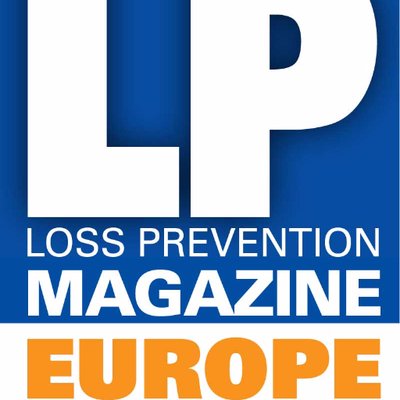While the commercial impact of the Coronavirus global pandemic plays out across the retail sector, one emerging threat has thus far remained hidden from view – the potential epidemic of internal theft resulting from COVID-19 restrictions on randomised ‘pat downs’ and bag searches as employees leave stores and DCs.
Security personnel have instead been re-deployed to social distancing, people counting and queue marshalling duties, a state of affairs that has presented opportunities for both organised and opportunistic thieves.
Now, as the sector approaches peak and the potential influx of seasonal staff working in stores and distribution centres, already groaning under the weight of excess stock resulting from lockdown, retailers are bracing themselves for a winter of discount and are having to actively search for non-invasive security screening.
One business, Thruvision, has seen a spike in enquiries as a result of what has become the ubiquitous ‘hands-off’ strategy.
A world leader in thermal contrast recognition technology that reveals no anatomical details from between 3-10 metres away, Thruvision has been conducting daily remote demonstrations for retailers wishing to get ahead of the curve.
Spun out from the British Government’s prestigious Rutherford Appleton Labs in 2002, Thruvision has successfully commercialized $50 million of research investment and is deployed in markets around the world including Loss Prevention, Mass Transit, Aviation, customs and border control.
The monitors are now being adopted by a number of businesses as part of their one-way exit strategies because of their ability to scan 2000 employees per hour without making any physical contact.
Instead, the thermal technology highlights the heat of the concealed item on a security monitor as the employee ends their shift.
Morrisons rolled out the scanners across its entire distribution estate earlier this year.
“Having invested in upgrading our depot security infrastructure, Thruvision’s new ‘safe distance’ technology is now helping us respond to the unique challenges of Coronavirus,” Morrisons senior loss prevention manager, David Oliver.
The supermarket had previously asked workers to empty their pockets at the end of their shifts and used hand-held metal detectors. The approach caused conflict with staff and was slow, as well as ineffective.
The business has demonstrated that agnostic technology that engages with subjects at a safe distance without the fear or favour of accusations of negative profiling has become the holy grail of loss prevention and asset protection teams.
“For many businesses, security bag checks and ‘wanding’ have literally been put on hold because they are not COVID-appropriate,” said Thruvision’s Vice President for Loss Prevention Sales, Alex Brundle.
“We have seen a real uplift in enquiries for non-invasive checks because it is completely hands-off, operated at a safe distance and completely safe.
“We’re not even in peak yet, even though many distribution centres are already operating at Christmas levels and businesses will soon see an influx of temporary staff arriving which is why we are getting a lot companies contacting us for virtual demos – inbound enquiries at double what they were this time last year.
“The virtual demonstrations are more convenient for customers, as they see everything live as the security guard operating the Thruvision camera would. The demos are fast, save on travel, better for the environment and cost-effective for everyone involved.
“The return on investment is also a compelling argument, with DCs operating the system seeing annual six-figure loss savings over a period of less then 6 months, and we also offer a monthly leasing model which means it can be paid for out of the operational budget rather than a capital expenditure cost – this is a win-win.
“We’ve seen people trying to smuggle out everything from bottles of whisky and cigarettes in underwear to joints of meat clingfilmed to their bodies, but it’s not just outbound traffic we’re interested in,” said Alex.
“We also monitor incoming personnel as we have seen incidents of lighters being smuggled in, some of which have been used to start distraction fires by emergency exits in order for merchandise to be removed without going through the exit checks. These incidents cause more damage than the value of the items being stolen,” he added.
The technology, now operating in 20 countries across the world, is proving that businesses already suffering the heat of the pandemic in lost sales can refract that thermal energy into reducing the losses inflicted by dishonest permanent or seasonal staff – and all without physical contact or the unconscious prejudice of profiling.
Read the original article here



Comments are closed.